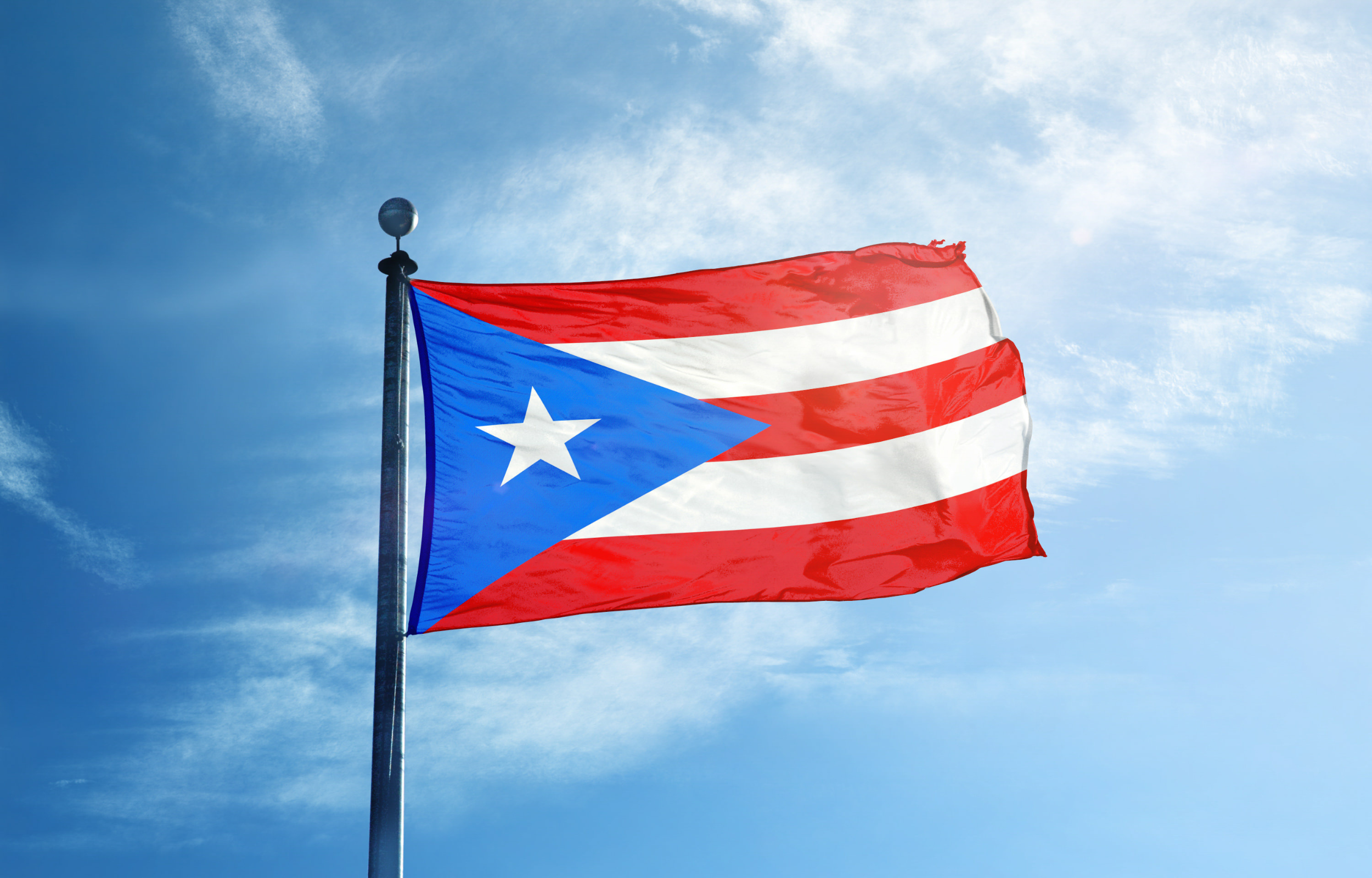Since 2016, Puerto Rican universities have faced numerous challenges, including a major financial crisis in the territory, a series of natural disasters, and the COVID-19 pandemic. These obstacles have led to budget cuts and an overall drop in enrollment and graduation for these institutions.
Despite these difficulties, five universities within the U.S. territory have worked to expand their offerings to students. A new report says these schools can serve as a model for how Hispanic-Serving Institutions (HSIs) and other colleges can weather financial setbacks, decreased enrollment, and other obstacles.
The February report, titled “Institutional Resilience in Puerto Rico: A First Look at Efforts by Puerto Rican HSIs,” was published by Excelencia in Education, a nonprofit think tank focused on Latino education.
The report examines the efforts of three public and two private nonprofit universities in the territory to support student pathways and sustain institutional management.
The institutions have shown resilience through catastrophic natural disasters, significant fiscal austerity, large demographic shifts, unexpected governance/leadership changes, and an unpredictable and ongoing health pandemic.
“[S]ystems, structures, and supports in higher education are ever-evolving, and can be especially challenging for the many institutions with limited resources serving Latino and other low-income and first generation students,” writes Excelencia CEO Deborah Santiago.
An exodus of college-aged Puerto Ricans to the mainland U.S. over the past five years has led to a marked decline in enrollment at the five universities, according to the report. To address this, the institutions have opened mainland satellite campuses to serve the Puerto Rican diaspora and have tweaked program offerings to better support adult learners within the territory.
In addition to their efforts to increase enrollment, the five universities have invested in basic needs programs and support services to help retain and graduate existing students.
“There are experiences and strategies at these HSIs that other institutions may learn from and Excelencia will continue to bring attention to their important work. Considering the leadership role of Puerto Rican HSIs in higher education is overdue,” writes Santiago.




















